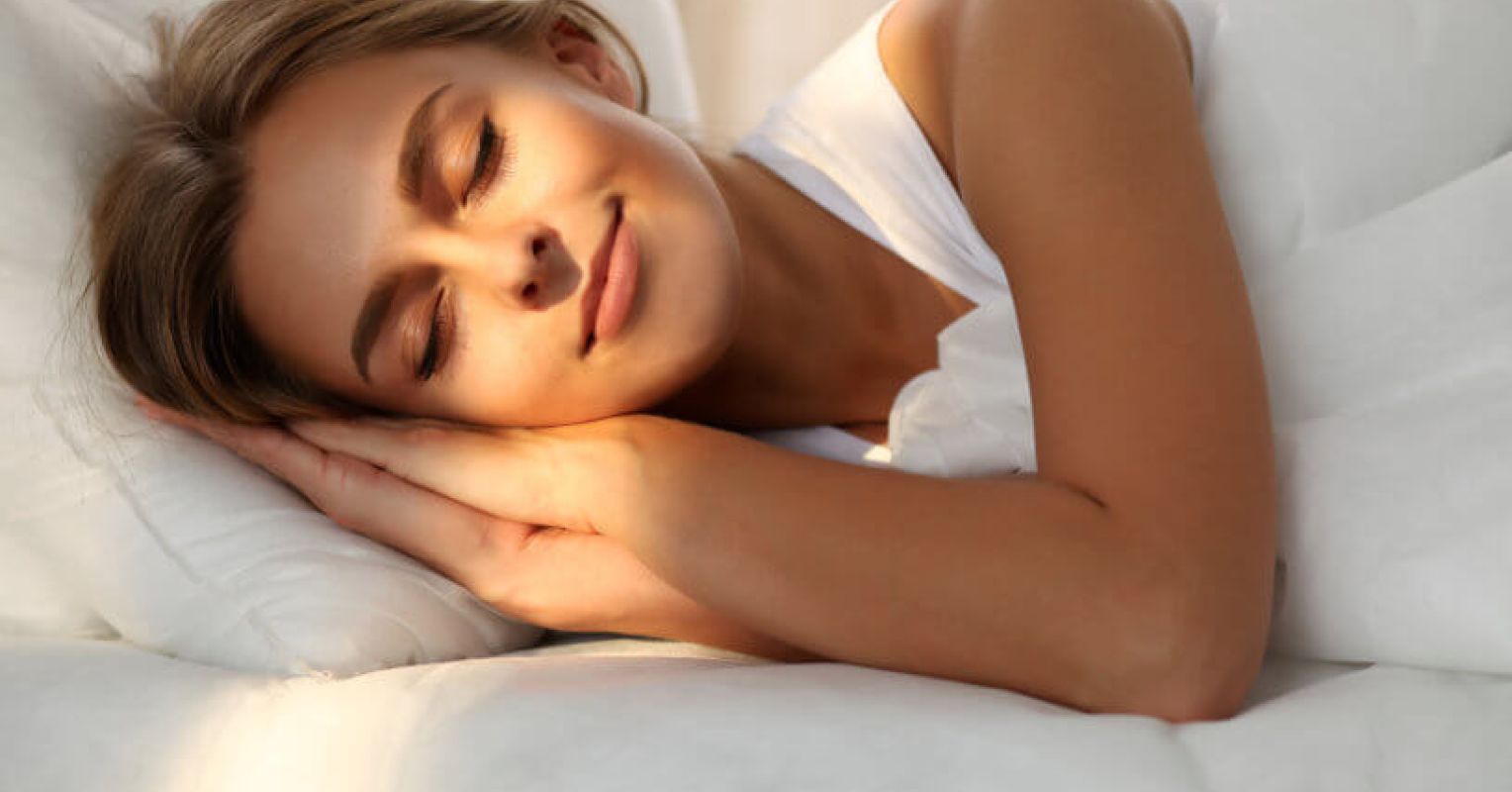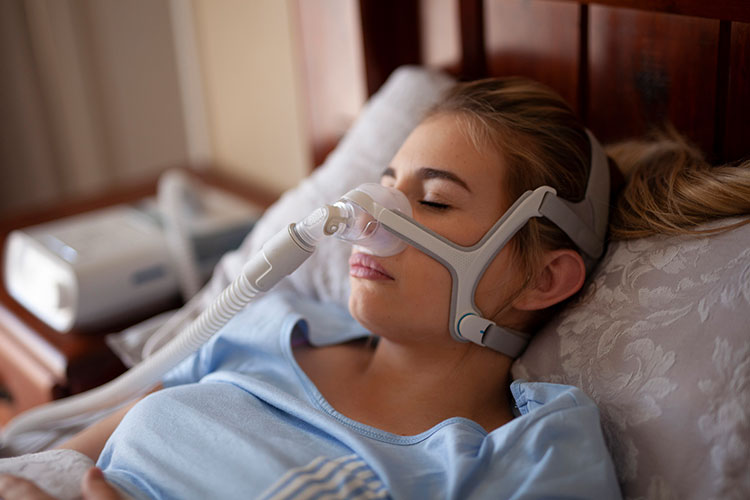Reliable Insomnia Therapy - Restore Your Restful Nights
Reliable Insomnia Therapy - Restore Your Restful Nights
Blog Article
Effective Therapy Solutions for Managing Rest Disorders and Enhancing Relaxed Sleep
In the world of healthcare, the administration of rest disorders and the quest for peaceful rest are essential elements of total well-being. Efficient therapy remedies supply a diverse technique to take on these difficulties, varying from cognitive behavioral treatments to all natural practices that promote relaxation and mindfulness. The exploration of numerous approaches, consisting of the assimilation of drug and light therapy, opens up a realm of possibilities in the pursuit of much better rest high quality. As we browse the complex landscape of rest problems and look for to boost our rest experience, a much deeper understanding of these treatment remedies might hold the trick to unlocking a more rejuvenating and meeting corrective journey.
Cognitive Behavioral Treatment for Sleeplessness (CBT-I)
Cognitive Behavior Treatment for Sleeplessness (CBT-I) is a structured, evidence-based treatment strategy that concentrates on dealing with the hidden aspects contributing to sleep disruptions. This kind of therapy intends to modify actions and thoughts that intensify insomnia, inevitably advertising healthy rest patterns. CBT-I generally entails a number of key elements, consisting of cognitive therapy, rest restriction, stimulation control, and sleep hygiene education and learning.
Cognitive therapy aids individuals determine and change unfavorable idea patterns and beliefs about rest that may be preventing their ability to drop or stay asleep. Rest limitation includes restricting the amount of time invested in bed to match the individual's actual sleep duration, thus increasing sleep efficiency (cognitive behavioral therapy for insomnia (CBT-I)). Stimulation control methods help establish a solid organization between the bed and sleep by urging individuals to head to bed only when drowsy and to stay clear of taking part in boosting tasks in bed
Additionally, rest health education concentrates on creating healthy rest practices, such as keeping a constant rest schedule, developing a relaxing bedtime routine, and maximizing the sleep atmosphere. By resolving these factors thoroughly, CBT-I supplies an effective non-pharmacological intervention for taking care of insomnia and enhancing total rest quality.
Sleep Hygiene Practices
Having actually developed the structure of cognitive restructuring and behavioral modifications in dealing with sleeplessness via Cognitive Behavior modification for Sleeplessness (CBT-I), the emphasis currently changes in the direction of discovering important Sleep Hygiene Practices for preserving optimum sleep quality and total health.
Sleep hygiene methods encompass a series of behaviors and ecological factors that can substantially influence one's capacity to sleep and remain asleep throughout the evening. Regular rest and wake times, developing a relaxing going to bed regimen, and maximizing the rest atmosphere by maintaining it dark, peaceful, and cool are vital elements of great sleep health. Restricting exposure to screens before going to bed, staying clear of energizers like high levels of caffeine near to bedtime, and participating in regular exercise throughout the day can additionally advertise much better sleep quality.
Furthermore, exercising relaxation methods such as deep breathing exercises or meditation prior to bed can help soothe the mind and prepare the body for rest. By integrating these navigate here rest hygiene techniques right into one's everyday regimen, people can establish a healthy sleep pattern that sustains relaxed rest and general well-being.
Leisure Methods and Mindfulness
Carrying out relaxation techniques and mindfulness techniques can play a crucial duty in cultivating a sense of calmness and advertising quality sleep. In addition, assisted images can help carry people to a relaxed place in their minds, helping in stress and anxiety reduction and boosting sleep high quality.
By including these techniques right into a going to bed regimen, people can indicate to their bodies that it is time to prepare and take a break for sleep. On the whole, integrating leisure methods and mindfulness methods can substantially contribute to managing sleep problems and boosting general sleep high quality.

Medicine Options for Sleep Disorders
After exploring leisure techniques and mindfulness techniques as non-pharmacological interventions for boosting rest top quality, it is important to consider medicine choices for individuals with rest conditions. In situations where way of life adjustments and treatment do not give enough alleviation, medicine can be a beneficial device in taking care of rest disturbances.
Commonly suggested medications for sleep disorders include benzodiazepines, non-benzodiazepine hypnotics, antidepressants, and melatonin receptor agonists. Antidepressants, such as trazodone, can be beneficial for individuals with co-occurring clinical depression and sleep disruptions - insomnia counseling.
It is critical for people to consult with a doctor to determine one of the most suitable medicine choice based upon their specific rest disorder and clinical history.
Light Treatment for Body Clock Policy
Light treatment, likewise referred to as photo-therapy, is a non-invasive therapy approach utilized to manage circadian rhythms and boost sleep-wake cycles. This treatment involves direct exposure to brilliant light that resembles natural sunshine, which aids to reset the body's biological rhythm. By revealing individuals to certain wavelengths of light, generally check my source in the early morning or evening depending upon the wanted effect, light treatment can effectively adjust the body clock to advertise wakefulness during the day and improve relaxed sleep in the evening.
Study has actually revealed that light therapy can be especially valuable for individuals with circadian rhythm conditions, such as postponed rest stage syndrome or jet lag. It can also be useful for those experiencing seasonal depression (SAD), a type of depression that normally takes place throughout the cold weather when all-natural light direct exposure is minimized. Light therapy is generally well-tolerated and can be made use of along with other therapy approaches for sleep problems to enhance outcomes and improve total rest quality.
Verdict
Finally, reliable therapy solutions for handling rest conditions and boosting restful rest anxiety induced insomnia include Cognitive Behavioral Therapy for Sleep Problems (CBT-I), sleep health practices, relaxation strategies and mindfulness, medicine alternatives, and light therapy for body clock law. These strategies can help individuals enhance their rest high quality and total well-being. It is vital to seek advice from a doctor to determine the most ideal approach for addressing rest concerns.
As we navigate the intricate landscape of rest conditions and seek to enhance our rest experience, a deeper understanding of these therapy remedies may hold the secret to opening a more rejuvenating and satisfying restorative trip.
Rest restriction involves limiting the quantity of time spent in bed to match the person's real sleep period, therefore boosting sleep effectiveness. Consistent rest and wake times, developing a relaxing bedtime routine, and optimizing the sleep atmosphere by keeping it dark, silent, and cool are vital elements of excellent rest health. Light treatment is typically well-tolerated and can be utilized in combination with various other therapy methods for rest conditions to maximize end results and improve general rest quality.

Report this page